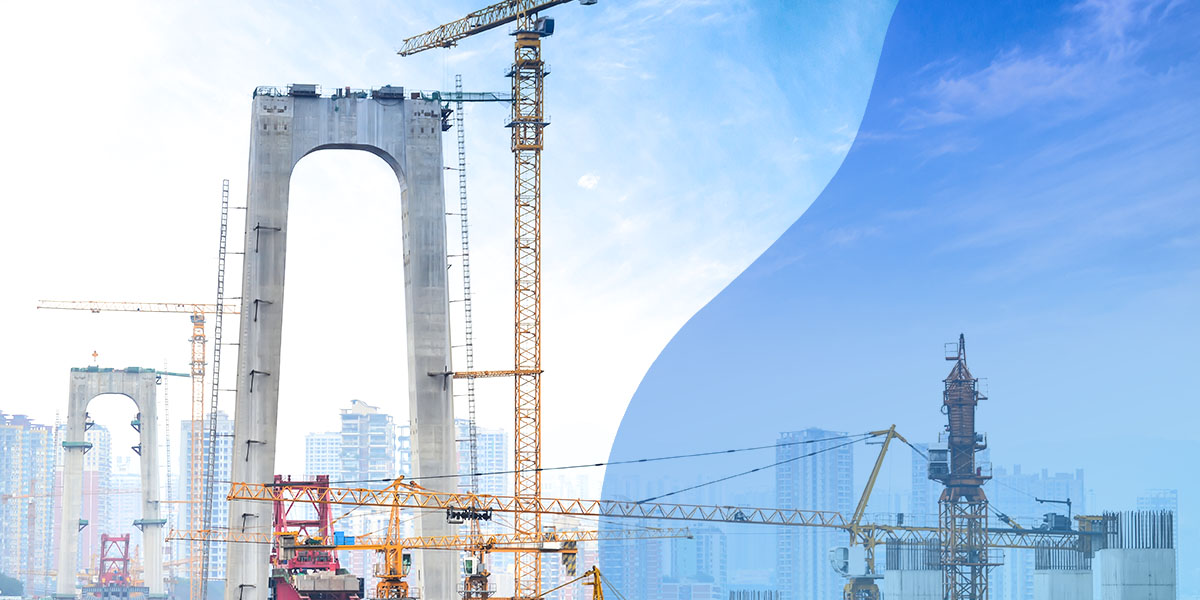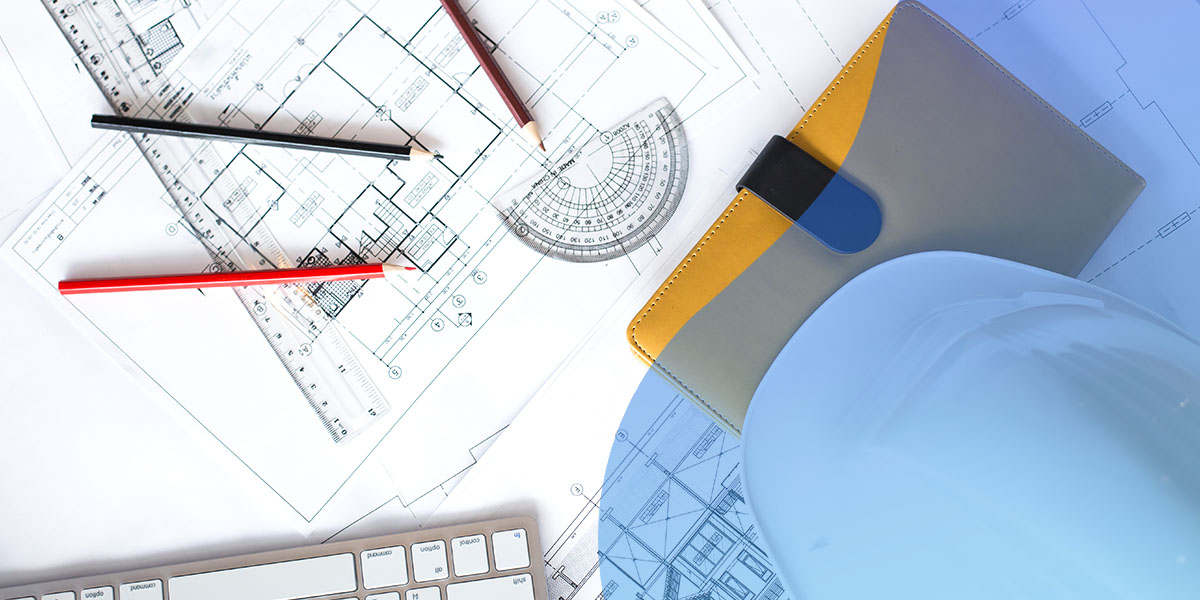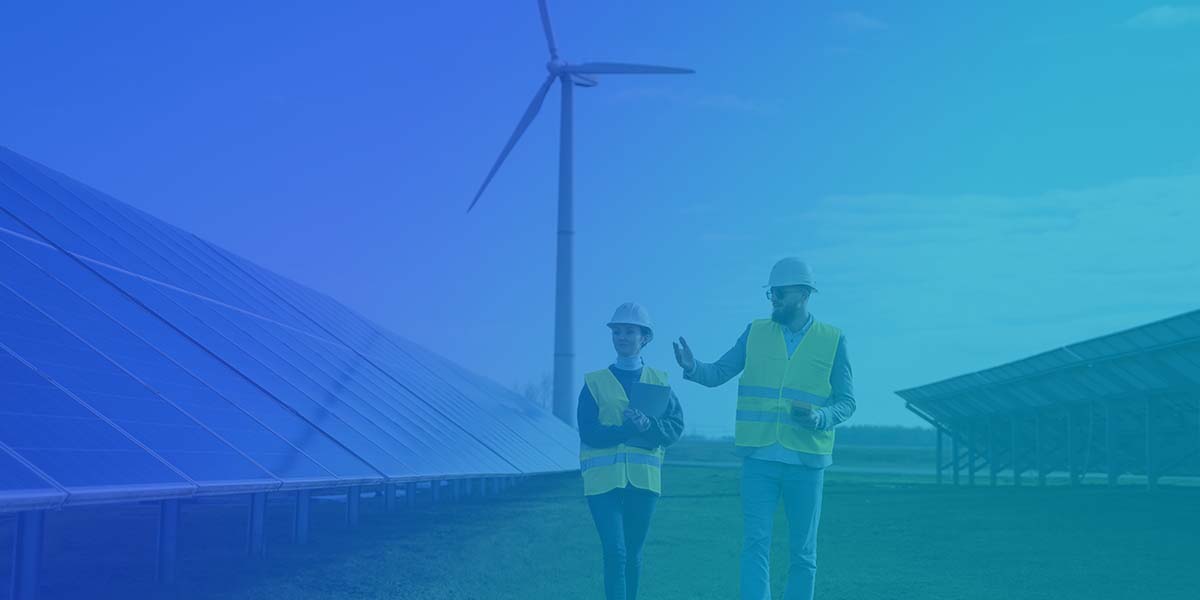
The Australian engineering and construction sector is on the cusp of a major transformation, and it's being driven by one of the most powerful forces of our time: Artificial Intelligence. Far from a futuristic concept, AI is already on-site and in the design office, changing how projects are planned, executed, and maintained. For employers, employees, and job seekers alike, understanding this shift isn't just about keeping up—it's about getting ahead.
A recent survey by Arup highlighted that 32% of Australian built environment professionals are now using AI daily, with a remarkable 85% using it at least weekly. This isn't just about chatbots; it's about leveraging powerful tools to design and manage our cities and infrastructure more effectively. Australian professionals are overwhelmingly positive about AI, with 73% seeing it as a clear opportunity, a figure well above the global average of 60%.
How AI Is Reshaping the Job Site
AI's impact spans the entire project lifecycle, offering solutions to long-standing industry challenges.
Smarter Project Planning
AI's ability to analyse vast amounts of historical data allows it to predict potential delays, optimize schedules, and manage resources with incredible precision. For example, generative design tools can quickly create multiple structural variations, helping engineers and architects find the most efficient and cost-effective solutions. Australian companies are already using AI-enhanced Building Information Modelling (BIM) to improve collaboration and project visualization, leading to reduced rework and better efficiency.
Enhanced Safety and Productivity
On-site, AI is a game-changer for safety. AI-powered surveillance systems can monitor site conditions in real time, detecting potential hazards before they cause an accident. Wearable technology with built-in sensors can monitor workers' movements and fatigue levels, sending alerts to prevent injuries. Globally, companies are using robotic systems to perform repetitive and dangerous tasks like bricklaying and welding, freeing up human workers to focus on more complex, high-value work.
Predictive Maintenance
The benefits of AI extend far beyond the build phase. AI and IoT (Internet of Things) sensors are being used in smart infrastructure to monitor the condition of buildings and roads in real time. This allows for predictive maintenance—fixing issues before they become major problems—which can significantly reduce maintenance costs and extend the lifespan of our infrastructure. Think of Dubai's Burj Khalifa, which uses an AI-driven system to monitor its elevators and escalators, detecting even the faintest signs of machine failure to ensure proactive repairs.

What This Means for the Australian Workforce
As the industry evolves, so do the skills needed to succeed. The fear that AI will simply replace jobs is being replaced by the reality that it will change them, creating new roles and a demand for a new kind of professional.
The most in-demand skills are shifting from manual tasks to technical and analytical expertise. To thrive, you'll need a blend of traditional engineering or trade skills and new technical competencies. Key skills to develop include:
Machine Learning and Data Analysis
The ability to understand and interpret data is becoming crucial for project optimization and risk management.
Programming Languages
Skills in languages like Python are highly sought after for developing and implementing AI solutions.
AI Deployment and DevOps
Experience in seamlessly integrating AI applications into existing workflows will be a significant advantage.
Problem-Solving & Critical Thinking
AI can provide data, but it still requires human expertise to ask the right questions and interpret the insights.
The biggest challenge is not adopting AI, but preparing your workforce to use it. A key focus should be on upskilling and training your current employees to work alongside these new technologies. This collaborative approach, where humans and AI work in tandem, will unlock the greatest gains in productivity and innovation.
At Northbridge, we see the impact of AI on engineering and construction in Australia not as a threat, but as an incredible opportunity. We are committed to helping both our clients and candidates navigate this evolving landscape. For employers, this means connecting you with talent that possesses not only the traditional industry skills but also the forward-thinking technical expertise needed for an AI-powered future. For job seekers, it means helping you identify and develop the skills that will make you indispensable in this new era of work. The future of our built environment is smarter, safer, and more efficient, and we’re here to help you be a part of it.



